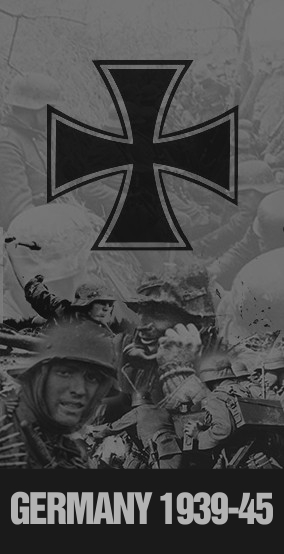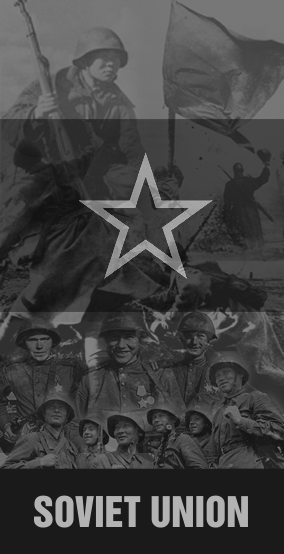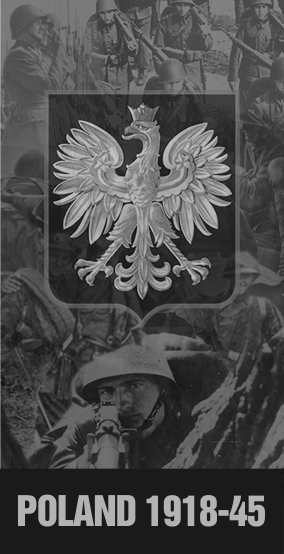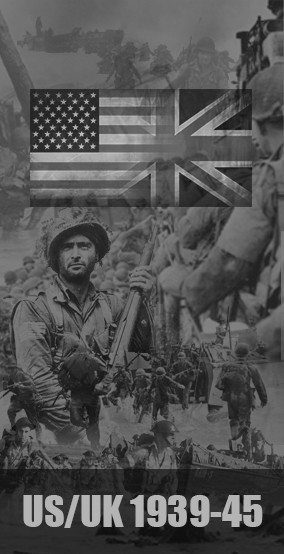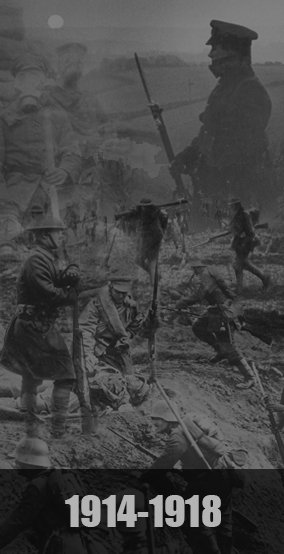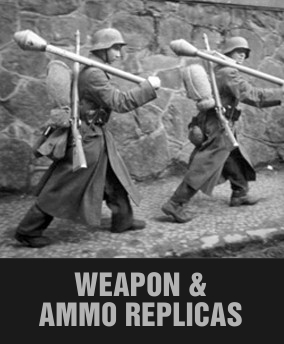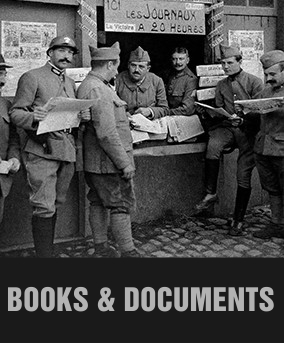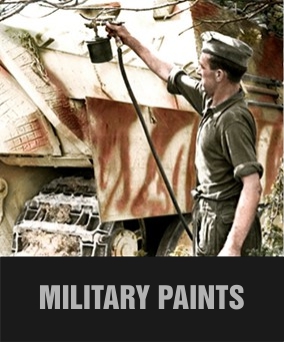A third volume about Austrian Orders and Decorations from late 18th century and the end of the First World War. Very precise information about 60 awards and decorations - 608 pages and almost 1200 photograph! Bound in linen. German version.
Written by: Dr. M. Christian Ortner, Dr. Georg Ludwigstorff
ISBN: 978-3-903341-13-5 (German) or 978-3-903341-14-2 (English)
Weight: 4 kg
Issue info: 608 pages, over 1200 colour photos, including present-day photos and illustrations, bound in linen. Size: 29.5 x 26.0 cm.
- Book is published by Verlag Militaria, highly appreciated military history publishing house.
- We send the book in 14 days after receiving the payment.
ITEM DESCRIPTION IN ENGLISH
With the double-volume “Austrian Orders and Decorations, Part III – The Non-Governmental Awards, Decorations, Medals etc. until 1918”, the 3rd part of the comprehensive complete work of the imperial Austrian decorations is now available. While the 1st part dealt exclusively with the imperial orders and decorations, the 2nd part included the other wearable state decorations, and the concluding 3rd part deals with the non-governmental awards of Austria(-Hungary). Many of these decorations, such as those for services to the Red Cross or the Sovereign Order of Knights of Malta of the Grand Priory of Bohemia and Austria or the Teutonic Order with the Marian Cross, are still well known today. The same probably applies to the insignia of the Tyrolean nobility. On the other hand, the insignia and decorations of the Austrian ladies’ monasteries, the Ganerb and Imperial Knighthoods, the Order of St. Hubertus of the Counts of Sporck and the Salzburg Order of St. Ruperti are hardly known. In 30 chapters, including those on the Austrian Horse Breeding Medals, the decorations of the Hungarian National Fire Brigade Association, the Salvator and Manoeuvre Medals, both the latest research results and corresponding illustrations have been summarised. This double-volume deals with an extremely complex subject area, especially as a large number of decorations to be considered is not least due to the long period of time and different responsibilities. Likewise, the lack of uniform standards makes a structured research approach difficult. Nevertheless, it has been possible to process the most important awards historically and scientifically and also to present them in the form of real pieces.
The 3rd part is also accompanied by a pictorial identification aid as a complete index of all orders and decorations (insignia) considered in this five-volume complete work, which also enables the non-specialist to easily identify real pieces and to read up in the respective chapters.
ITEM DESCRIPTION IN GERMAN
Mit dem Doppelband „Österreichs Orden und Ehrenzeichen – Die nicht-staatlichen Auszeichnungen, Ehrenzeichen, Medaillen etc. bis 1918“ liegt nun der 3. Teil des umfassenden Gesamtwerks der kaiserlich-österreichischen Auszeichnungen vor.
Während sich der 1. Teil ausschließlich mit den kaiserlichen Orden beschäftigte, der 2. Teil die übrigen tragbaren staatlichen Auszeichnungen umfasste, beschäftigt sich der nun abschließende 3. Teil mit den nicht-staatlichen Auszeichnungen Österreich(-Ungarns). Viele dieser Ehrenzeichen, wie etwa jene für Verdienste um das Rote Kreuz oder des Souveränen Malteser-Ritter-Ordens des Großpriorates Böhmen und Österreich oder des Deutschen Ordens mit dem Marianerkreuz, besitzen auch heute noch einen hohen Bekanntheitsgrad. Ähnliches gilt wohl auch für die Abzeichen des Tiroler Adelsmatrikels. Dagegen sind etwa die Ab-/Ehrenzeichen der österreichischen Damenstifte, der Ganerb- und Reichsritterschaften wie auch des St.-Hubertus-Ordens der Grafen von Sporck oder des Salzburger St.-Ruperti-Ordens kaum bekannt. In 30 umfassenden Kapiteln, darunter etwa jene über die österreichischen Pferdezuchtmedaillen, die Ehrenzeichen des ungarischen Landesfeuerwehrverbandes, die Salvator- und Manövermedaillen, wurden sowohl die neuesten Forschungsergebnisse als auch entsprechende Abbildungen zusammengefasst.Dieser Doppelband behandelt ein äußerst komplexes Themenfeld, zumal sich nicht zuletzt aufgrund der langen Zeitperiode und unterschiedlichen Zuständigkeiten eine Vielzahl an zu berücksichtigenden Ehrenzeichen ergibt. Gleichfalls erschwert der Mangel an einheitlichen Normen einen strukturierten Forschungsansatz. Dennoch ist es gelungen, die wichtigsten Auszeichnungen historisch-wissenschaftlich aufzuarbeiten und auch in Form von Realstücken darzustellen.
Dem 3. Teil ist auch ein bildlicher Identifizierungsbehelf als Gesamtindex aller in diesem fünfbändigen Gesamtwerk berücksichtigten Orden- und Ehren-/Abzeichen beigegeben, der es auch dem Nicht-Fachmann ermöglicht, Realstücke einfach zu identifizieren und in den jeweiligen Fachkapiteln nachzulesen.


